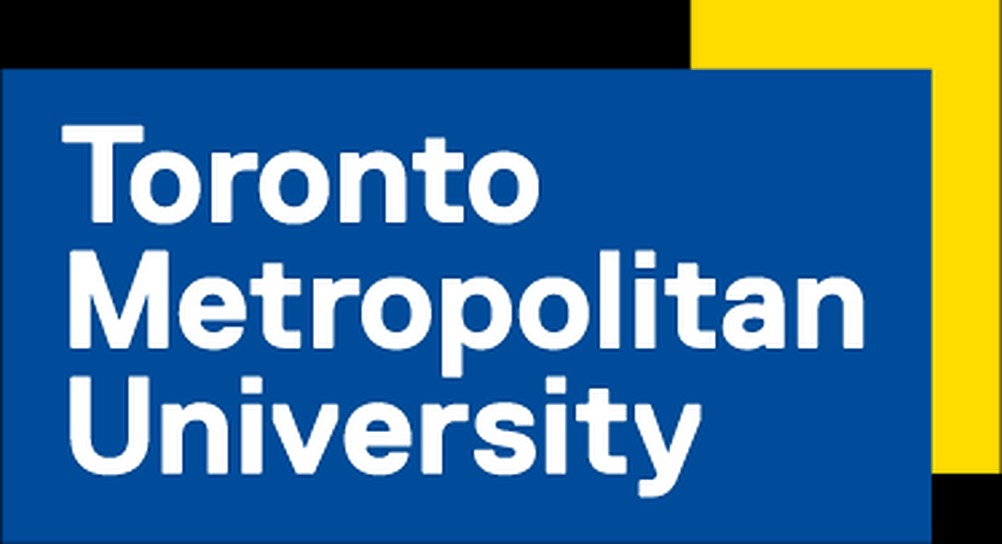Toronto Metropolitan University: Youth collective provides racialized youth access to decision-making table
Empowering equity-seeking youth groups through art and community engagement, BAM Collective, external link (Books Art Music Collective), a youth-led organization founded by Toronto Metropolitan University (TMU) students, is driving change. The group was recently invited by Prime Minister Justin Trudeau, MP Kristy Duncan, and Toronto Raptors Vice Chairman and President Masai Ujiri to participate in a roundtable discussion on gun violence and community safety with other Toronto neighbourhood organizations.
Politics and Governance Student Union (POGSA) Vice President and fourth-year Politics and Governance student Ali Areesh Somani who serves as BAM Collective policy and operations lead, represented the youth voice at the event. Somani urged PM Trudeau to provide more resources and funding to grassroots youth-led organizations to help address community safety and youth wellbeing.
It was an amazing opportunity to be able to present to the Prime Minister and propose relevant strategies to curb the disastrous issue of gun violence
Youth collective tackles gun violence issues
Last year, BAM Collective launched ‘Rays of Hope’ to address gun violence and its impact on racialized youth in Regent Park, offering art therapy and creative workshops and establishing a safe space to heal and grow. A second project currently being rolled out, ‘Regent Park Matters’, addresses issues of community safety.
Somani says the collective widened the focus of programming beyond youth directly affected by gun violence, to include community, family and friends, offering support to cope with trauma and grief. “These are not one-off incidents, they trigger a vicious cycle, so we try to take a holistic approach to the issue.”
Hanen Nanaa standing outside.
Hanen Nanaa, co-founder of the BAM Collective and fourth-year Politics and Governance student, believes in a more inclusive Canada with more community engagement among minority groups and racialized youth
Forced migration and resiliency
BAM Collective was founded in 2018 by TMU students Hanen Nanaa (Politics and Governance) and Hani Moulia (Computer Engineering), both Syrian refugees who made Canada home in 2016. Their shared experience of forced migration, the challenges of being a newcomer in a foreign country and a deep admiration for the resilience they witnessed in refugee camps, created a drive to encourage minority groups to become more involved in their communities.
“When we decided to create something, we decided to combine arts, community engagement and policy discussions as a way to bring people together and promote local community-building,” says Nanaa.
Navigating the process of applying to university as a newcomer created an acute awareness of the gaps in the system. Nanaa noticed new immigrants, racialized youth and young people were generally not consulted in the creation-stage of initiatives that most affected them including employment and social services. BAM Collective was launched as a way to provide racialized youth access to the decision-making table.
“My goal is to continue creating more opportunities for equity-seeking groups,” she says. “Many people don’t have the same access to opportunities, whether it’s applying for a job or even applying to university.”
Fostering civic engagement
Before the federal election in October 2019 BAM launched its first initiative, a non-partisan talk on voting, inviting speakers from diverse backgrounds. It was a sold out event through TMU’s Office of Social Innovation. “We knew we made an impact when one of our participants who was a recent refugee voted for the first time in their life,” says Nanaa.
The BAM Collective also received funding from the Office of Social Innovation in 2021 to run their Social Justice Cafe series in collaboration with the Syrian Canadian Foundation, offering BIPOC youth a space to discuss social justice issues, such as women in politics.
Nanaa served as president of POGSA in 2022, and vice president in 2020, and also led the RU Votes initiative with the Democratic Engagement Exchange, external link in the Faculty of Arts.
Before joining Politics and Governance at TMU, she was told she wouldn’t be able to find a job, in particular as a Muslim woman and a recent immigrant with a language barrier. But her participation in an initiative created by non-profit NGO Equal Voice promoting increased participation of women in Canadian political life took her to the House of Commons which sparked a serious interest in politics and cemented her decision to pursue political science.
I was able to talk to politicians and voice my concerns,” shares Nanaa. “I never thought, coming from Syria, a country where people are dying for democracy, I would have this opportunity as a woman. It was then that I saw a future in politics.
Today, Nanaa, in her final year at TMU, serves as Ontario Regional Advisor to the Minister’s Regional Office – Office of the Deputy Prime Minister and Minister of Finance. For her, the barriers she encountered offered a chance to figure out the system. “I always think about my survival journey as a refugee. It’s the reason I am here doing what I do, today. I take challenges as opportunities to learn, grow and shine.”

